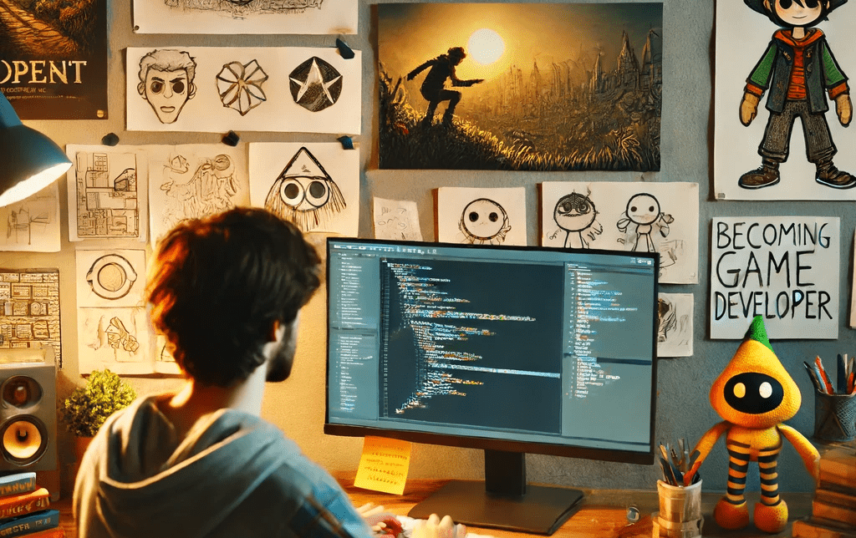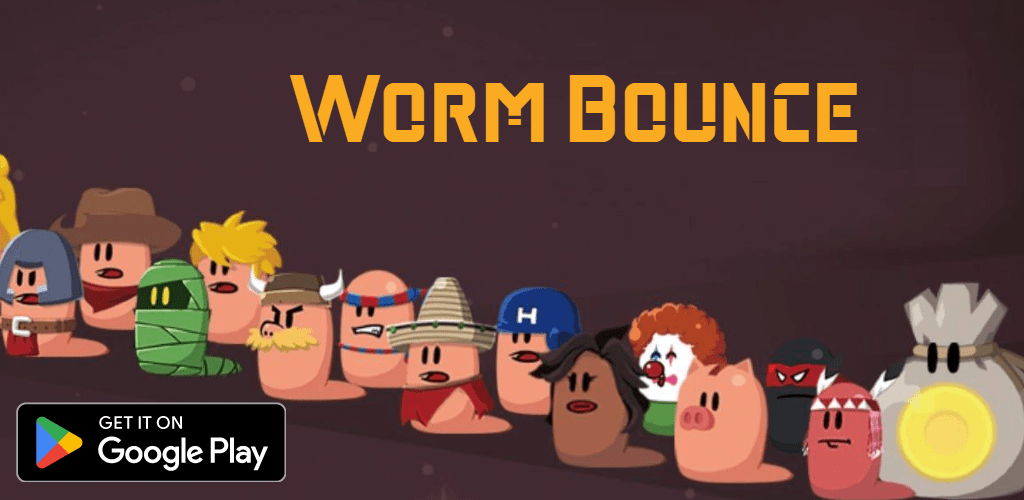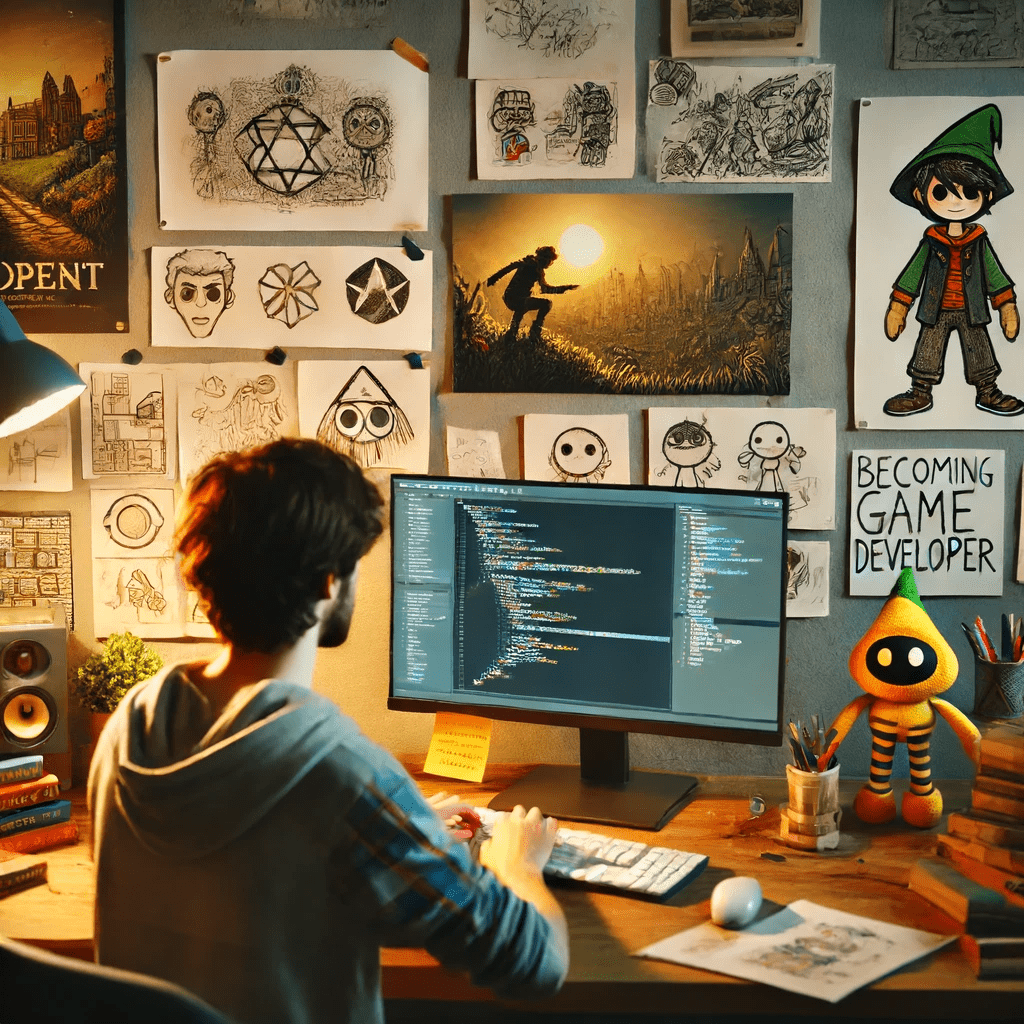
How to Become a Game Developer: A Comprehensive Guide for Beginners 2024
Introduction
Becoming a game developer is a dream for many, but making a living from games can seem impossible, especially now in 2024 when the industry is so competitive. I remember the start of my journey like it was yesterday, though it actually began in 2019. Trust me, it was full of failures at the beginning. Since then, I have created multiple games, worked for several game development studios, and finally founded my own game development studio in 2024. In this article, I will summarize my experiences to help you begin your journey and set you on the path to success, or at least avoid some common pitfalls I encountered.
In summary, becoming a game developer involves acquiring a combination of technical skills, creativity, and industry knowledge. This guide will walk you through the essential steps to start your career in game development, covering the necessary skills, tools, and educational paths.
Do I need a college degree?
Before we start, let’s address a very common question, and the answer might surprise you: no, you do not need a degree to become a game developer. In fact, I earned my degree after already working in game development because I chose to. All you need is passion, a willingness to learn, and a strong portfolio. Now that we’ve covered this, let’s move on to the actual steps on how to become a game developer!
Step 1: Choosing a Game Engine
Choosing your preferred game engine is one of the most important parts of the journey because it will guide you in the right direction. Every game engine has different requirements and programming languages, so before you start learning or creating your first game, you must know what to focus on. There are many engines on the market, including open-source ones, but when starting your indie journey, you’re likely focusing on three strong contenders: Unity, Godot, and Unreal Engine. Remember, you can always switch to a different engine later. As the years go by, you will inevitably learn multiple engines. So, pick the one that suits your current project, not the AAA game you plan to create in the future.
Unity Engine
Unity is a popular choice due to its user-friendly interface and strong community support. It uses C# for scripting and is excellent for both 2D and 3D game development, although its real strength lies in mobile games. If you plan to create mobile games, Unity is the way to go. Ultimately, Unity is a safe choice as it offers everything you need, regardless of the platform.
Unreal Engine
Renowned for its high-quality graphics, Unreal Engine uses C++ and Blueprint (a visual scripting language). While it’s a bit more complex, it offers powerful tools for creating realistic games. If you plan to create PC or console games, Unreal might be an excellent choice for you, even though it can be a bit more advanced to start with.
Godot Engine
The strength of the Godot engine lies in its open-source future. Godot uses its own language called GDScript but also supports multiple languages, including C#. However, the biggest disadvantage of Godot currently is its limited support for mobile monetization and the high difficulty of publishing games to consoles.
Step 2: Learn the Basics
Programming
Now that you (hopefully) have decided on your preferred game engine, it’s time to learn the chosen language and the basics of programming.
Start with Basic Concepts: Understand basic programming concepts such as variables, loops, conditionals, and functions. Online platforms like Udemy or even YouTube offer excellent introductory courses.
Practice Regularly: Consistent practice is key.
No matter which engine you chose—C#, C++, or GDScript—all of them have huge communities and support on multiple platforms, so you can learn everything for free. What a wonderful time we live in, right?
Game Engine Enviroment
These two steps go together like soulmates because as you watch tutorials or read documentation, you’ll write code and work with the engine simultaneously. Do not worry or focus too hard on the environment you work in; it will come naturally while you create your game.
Step 3: Start with simple projects
One of the most underrated pieces of advice is to start with small, easier projects and gradually scale them up. I know you want to create your dream game; I felt the same way. My first project was a MOBA (Multiplayer Online Battle Arena), and I wasted two years on it, even though I knew there was no chance of finishing it. After I stopped focusing on the MOBA and created multiple smaller games, my skills grew significantly. Eventually, I was able to build a fully working 3v3 MOBA game three years later, but I had to take it down due to financial constraints.
I loved every minute of creating that project, but my biggest regret is wasting those first years on a project I didn’t have the skills for. If I had the right focus from the beginning, I could have founded my own company much earlier.
The point is, you might eventually build your dream project, but now is not the time. After you finish one project, move on to another, gradually increasing the scale and difficulty. The fewer distractions you have, the faster you will gain the skills needed to build the game you wanted from the start.

Step 4: Do not overthink
Another pitfall that prevents developers from releasing games is overthinking every little step along the way. Trust me, I once decided to build a simple mobile game, but seven days later, I found myself implementing a battle pass for no reason. Design the bare minimum that your project needs for release and focus on just that. After release, you can work on additional updates and scale your game to its final form.
This approach can save you a lot of time, especially in the beginning when you lack experience in game design, which can result in games that are boring or fail to attract players. Yes, I finished the battle pass for my game, but the game ended up being a failure.
Step 5: Persistence is the key
Many developers, including my close friends, tend to switch projects whenever they get a new idea. I did the same for many months. When you start a project, commit yourself to releasing it, even if you have to release a stripped-down version for your portfolio. Developing the habit of finishing what you start will make your life as a game developer much easier.
A strong portfolio is essential for showcasing your skills to potential employers or collaborators. Include the following:
- Completed Projects: Feature your best work, including playable demos and detailed descriptions of your role in each project.
- Source Code: Share your code on platforms like GitHub to demonstrate your programming skills and collaborative abilities.
- Documentation: Include design documents, concept art, and development notes to provide insight into your creative and technical processes.
Step 6 (Optional): Find job in game development
This step is, of course, optional because not everyone wants to find a job in game development. Some of you may want to become solo developers and earn a living doing just that. Finding a job in game development is not easy, and you will need a strong portfolio. Nonetheless, I recommend applying whenever you see a game development job offer. The experience you can gain in a successful game development studio can significantly boost your skills and save you years of slowly learning on your own.
Conclusion
Becoming a game developer is a challenging but rewarding journey that combines technical skills with creativity. By following these steps, from learning programming basics to developing your first game and building a portfolio, you’ll be well on your way to entering the exciting world of game development. If you already have some experience or a portfolio, you can take a look at the Jobs Section.
Thank you for reading my post about How to Become a Game Developer in 2024 – Good luck!
If you have additional questions feel free to Contact me.


